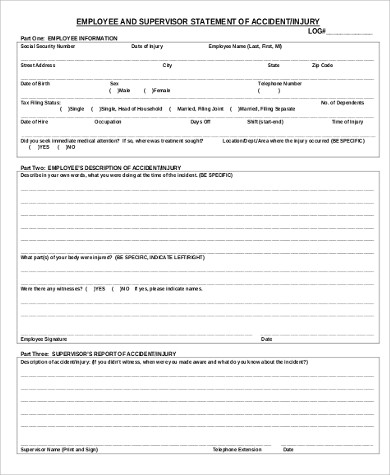

- SIMPLE QUICKEN FOR NON PROFIT ORGANIZATIONS SOFTWARE
- SIMPLE QUICKEN FOR NON PROFIT ORGANIZATIONS PROFESSIONAL
SIMPLE QUICKEN FOR NON PROFIT ORGANIZATIONS SOFTWARE
If your bookkeeper is not well-versed with the software, it is probably best to contact your software provider to get insights on upcoming training. What you choose can simplify the entire process by allowing for better transaction tracking and statement generation. The choice of bookkeeping software is an important decision. If your bookkeeper has used software, such as QuickBooks or a similar product, the transition will be even easier. Of course, if the person already has previous bookkeeping experience, the transition into this position may run more smoothly.

However, ensure that this prospective bookkeeper understands the role and what responsibilities this position will entail. If you are in fact in search of a bookkeeper, you can elect someone within your organization or find someone externally to fill this important role. Now that you know the difference, here are some tips to get started with your bookkeeping! Provide advice on accounting practices as well as 501c3 application Provide expert guidance for regulation complianceĮvaluate data trends to predict future financial health Offer guidance on necessary internal controlsĪnalyze financial details rather than simply tracking them Here are some common duties performed by a nonprofit accountant:

This position does require advanced education and is typically a CPA (Certified Public Accountant) as they need to be proficient with preparing taxes ensuring that all legal responsibilities are met. Oliver is working out the details between accountants and bookkeepers. Keep receipts and copies of financial documentsĪn accountant, on the other hand, delves deeply into the information recorded by the bookkeeper and provides a detailed analysis of this data. Issue cash receipts when merchandise items are purchased or other payments are made Perform transactions (such as paying bills) Here are some everyday responsibilities for a bookkeeper: Anyone with a knack for numbers and organization can be a suitable candidate!
SIMPLE QUICKEN FOR NON PROFIT ORGANIZATIONS PROFESSIONAL
While it is important to find someone (internally or externally) who is trustworthy and pays attention to detail, legally, no degrees or other professional qualifications are required to do the job. In other words, bookkeeping is collecting all the information and providing the foundation for your nonprofit accounting. The major responsibilities of a bookkeeper relate to keeping accurate records of all financial details and transactions. Small nonprofits may find that they’re actually in need of an accountant rather than a bookkeeper, or perhaps both are warranted! Bookkeeping The Major Differences Between Bookkeeping and Accountingįirst, you need to understand the key differences between bookkeeping and accounting because while they are each part of the financial reporting process, each job plays a different role. #4: Conduct Regular Bank Reconciliations.The Major Differences Between Bookkeeping and Accounting.There are many responsibilities attached to bookkeeping and we provide you with six simple steps which will explain the basics in order to make this task considerably easier. Good financial management is a way to secure more funding to enable your team to take on more projects all while reassuring your donors and members through reporting net assets and expenditures accurately to the IRS. Not only is it essential for determining how effective your organization has been and to budget projects, but it is crucial for overall transparency. Proper financial records for a nonprofit organization is of paramount importance, whether you have an accountant for your nonprofit or not.


 0 kommentar(er)
0 kommentar(er)
